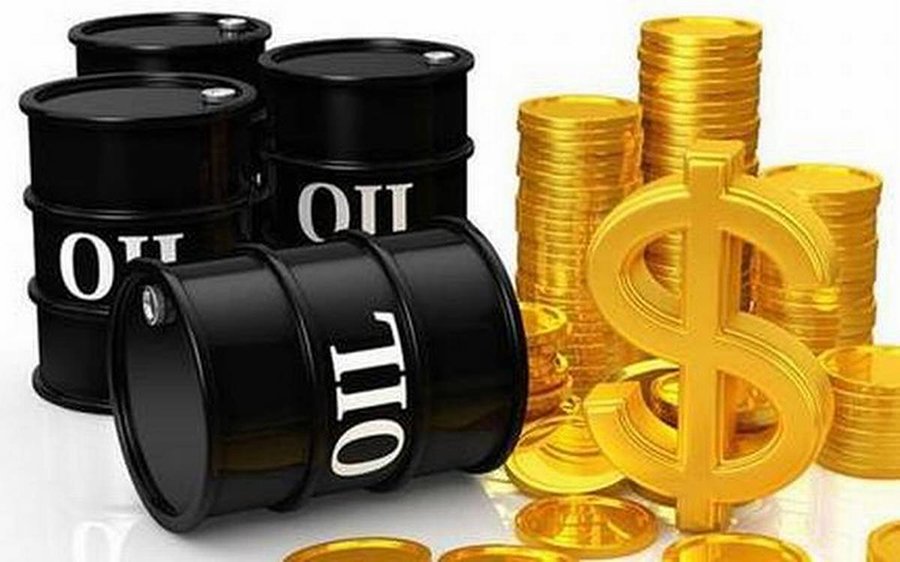
Oil prices fell sharply on Wednesday after a report of a US proposal to end the Russian war in Ukraine and as oversupply concerns continued to weigh on prices.
Brent crude futures fell $1.72, or 2.65 per cent, to $63.17 a barrel by 1421 GMT after gaining 1.1 per cent the previous session.
Also. U.S. West Texas Intermediate (WTI) crude futures were down $1.65, or 2.72 per cent, at $59.09 after rising by 1.4 per cent on Tuesday.
Ukraine has received “signals” about a set of U.S. proposals to end the war, which Washington has discussed with Russia, a senior Ukrainian official told Reuters on Wednesday.
Ukrainian President Volodymyr Zelenskiy was expected to hold talks in Turkey on Wednesday and meet US Army officials in Kyiv on Thursday in a new drive to revive peace negotiations with Russia.
Successful peace talks would reduce oil supply risks, said Saxo Bank analyst Ole Hansen.
Russian Deputy Prime Minister Alexander Novak said that US sanctions against Rosneft and Lukoil imposed in October after peace talks stalled, have had no impact on Russian oil output.
The US Treasury said on Monday that sanctions now squeezing Russia’s oil revenue are expected to curb its export volumes. Crude buyers in China and India have already started switching to alternative suppliers.
Those sanctions come into full effect on November 21 when a US Office of Foreign Assets Control (OFAC) wind-down licence ends, except for assets given separate operating licences.
“There is maximum pressure right now as Friday’s deadline is looming,” said Rystad Energy oil analyst Janiv Shah, adding that a lower geopolitical risk premium would leave investors focusing more closely on weak market fundamentals.
The risk of a supply glut continued to weigh on prices along with falling gasoil futures after strong gains in recent sessions, Saxo Bank’s Hansen added.
US crude stocks rose by 4.45 million barrels in the week ended November 14 while gasoline inventories climbed by 1.55 million barrels and distillate stocks grew by 577,000 barrels, market sources said late on Tuesday, citing American Petroleum Institute figures.
Emmanuel Addeh



